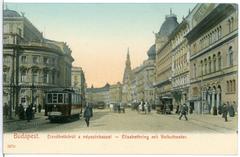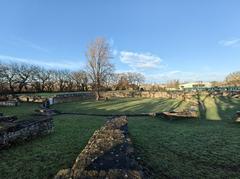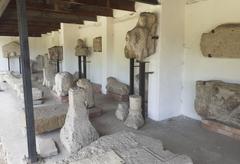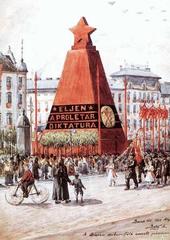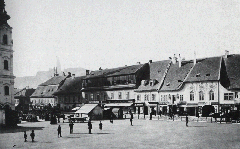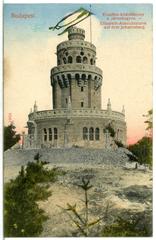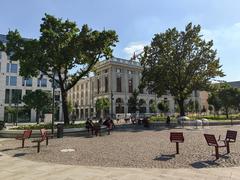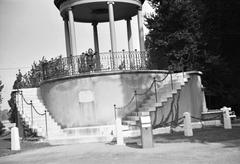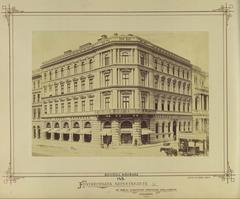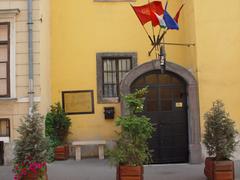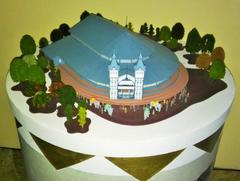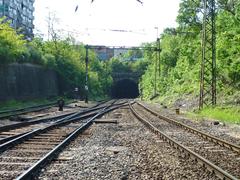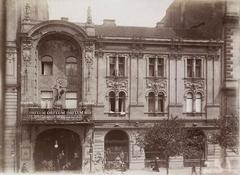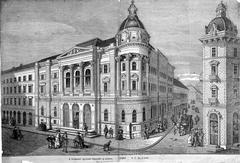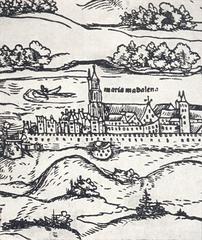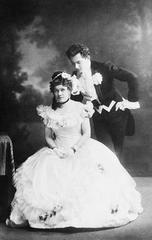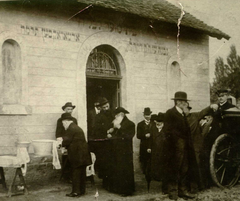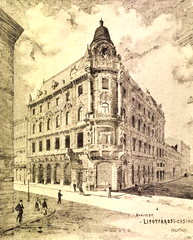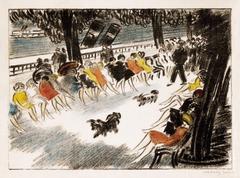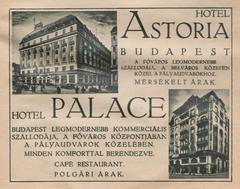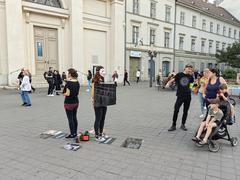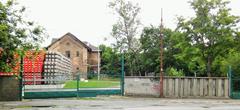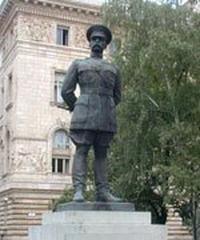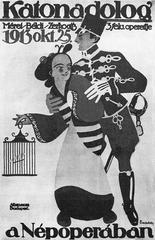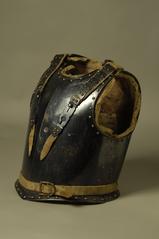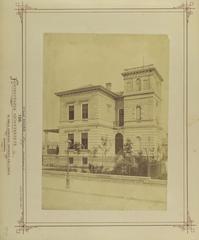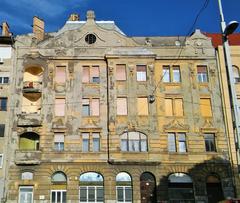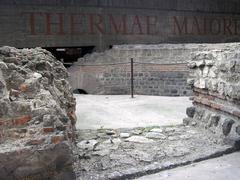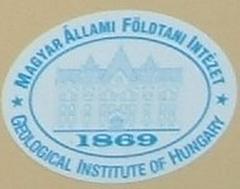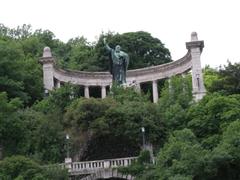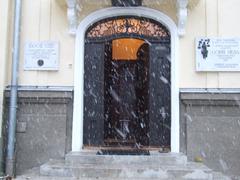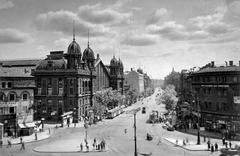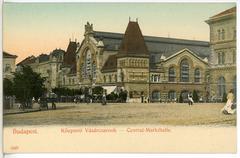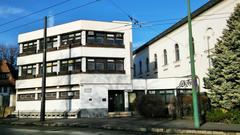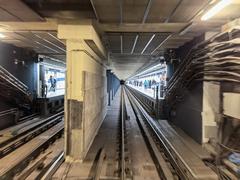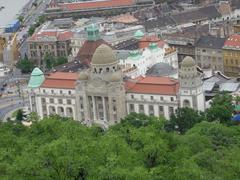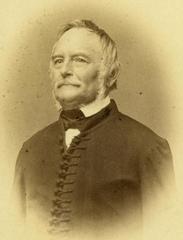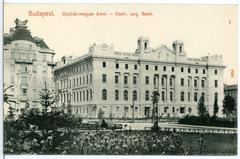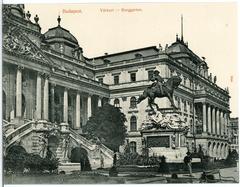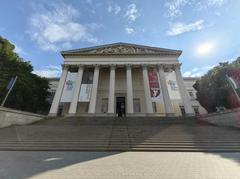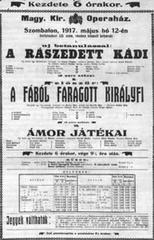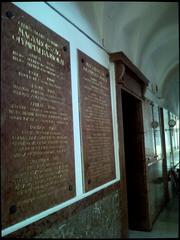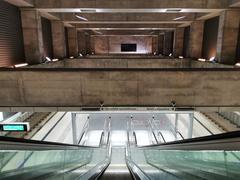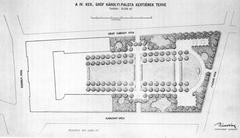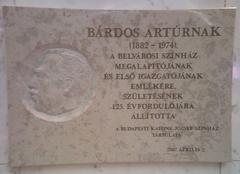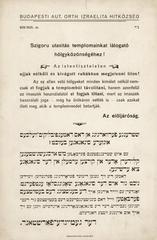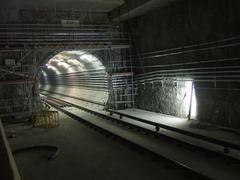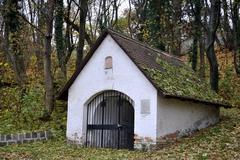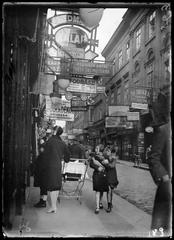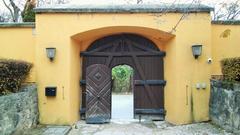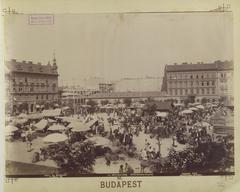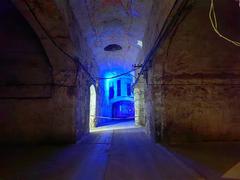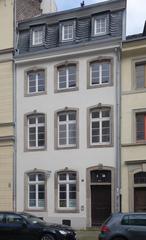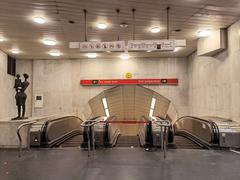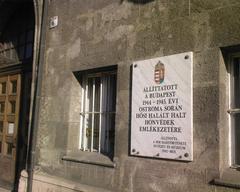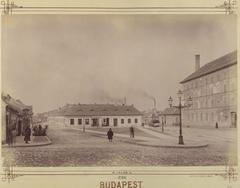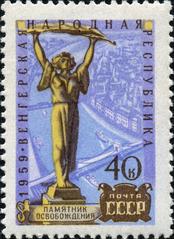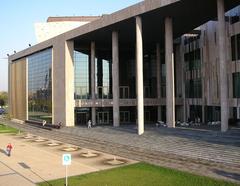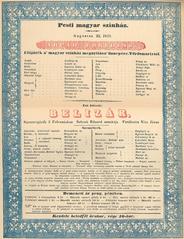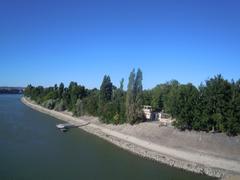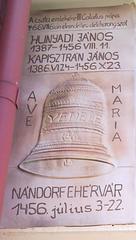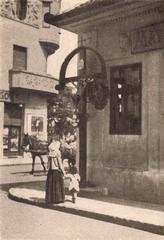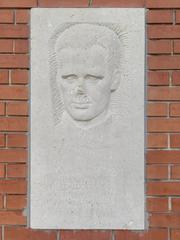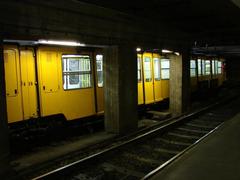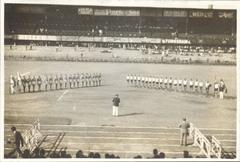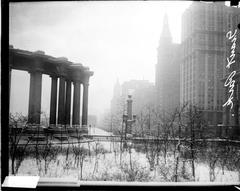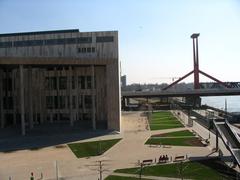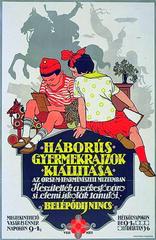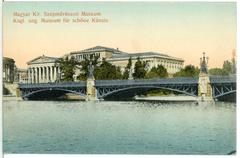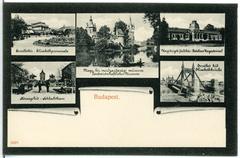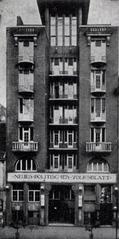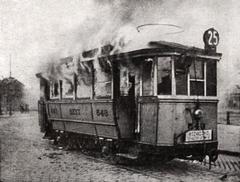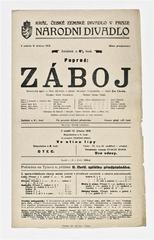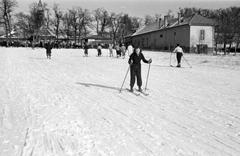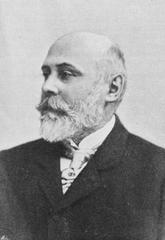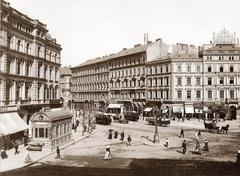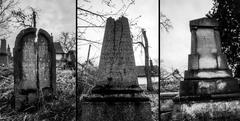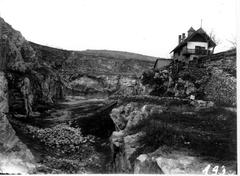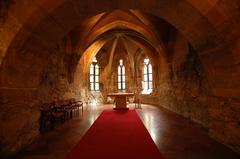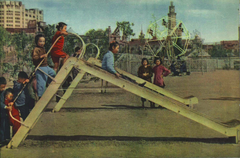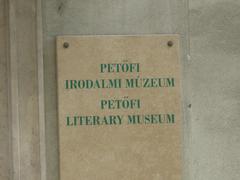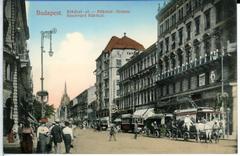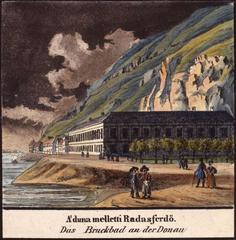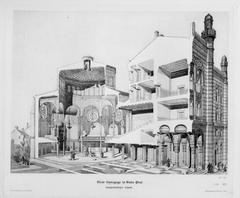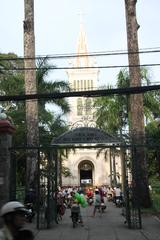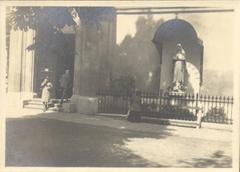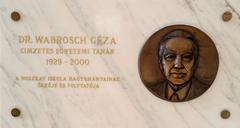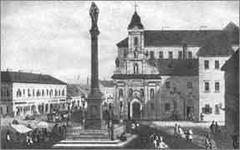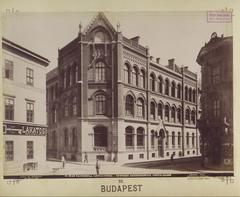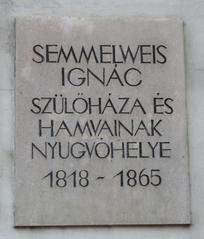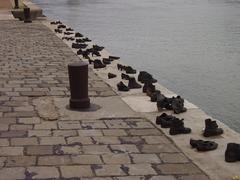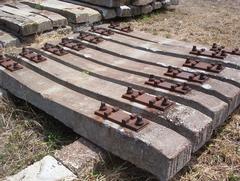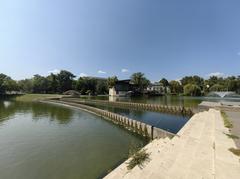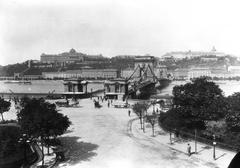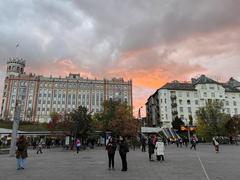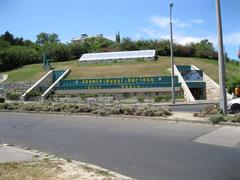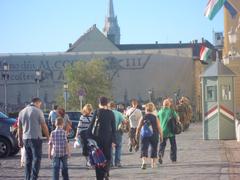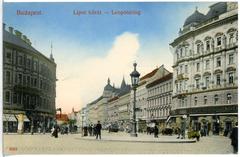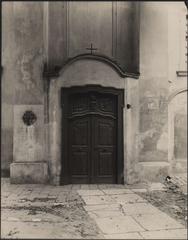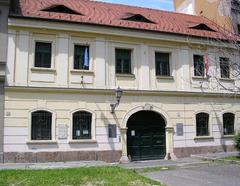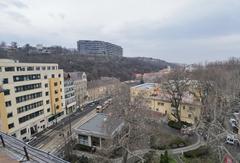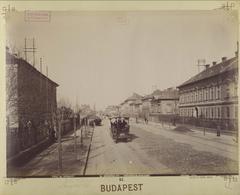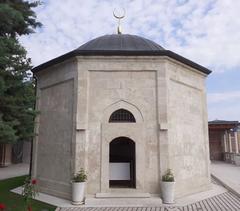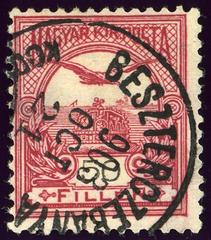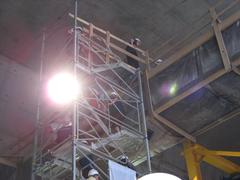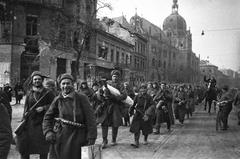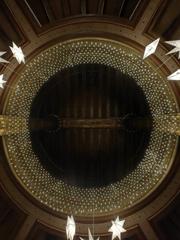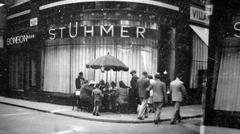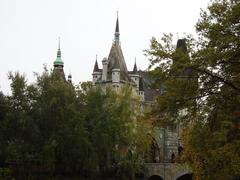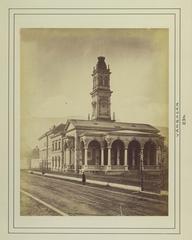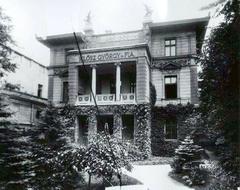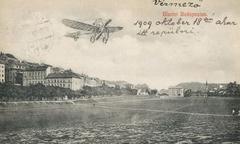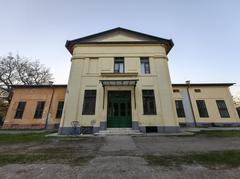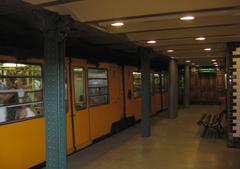Visiting the Historical Archives of the State Security Services, Budapest: Guide, Tickets, Hours, and Tips
Date: 2025-04-07
Introduction
The Historical Archives of the State Security Services (Állambiztonsági Szolgálatok Történeti Levéltára, ÁBTL) in Budapest is one of Hungary’s most significant institutions for engaging with the nation’s complex 20th-century history. It preserves and makes accessible documents from the years of state surveillance, repression, and authoritarianism under communist rule. Whether you are a researcher, a history enthusiast, or a visitor seeking insight into Hungary’s recent past, the ÁBTL provides a unique opportunity to explore original files, attend exhibitions, and better understand the impact of state security agencies on society.
This comprehensive guide covers everything you need to know for a rewarding visit—historical context, collections, opening hours, ticketing, accessibility, research services, and nearby attractions. For the most current visitor information, always consult the official ÁBTL website.
Table of Contents
- Overview and Significance
- Historical Background
- Legal Foundation and Establishment
- Collections and Holdings
- Visitor Information
- Research Services
- Nearby Attractions
- Visitor Tips
- Frequently Asked Questions (FAQ)
- Conclusion and Recommendations
- Sources and Further Information
Overview and Significance
The ÁBTL serves as a cornerstone for understanding Hungary’s 20th-century history, particularly the years of communist rule and the mechanisms of state surveillance. Established in 2003 following Act III, the archive is central to efforts in transitional justice, transparency, and public remembrance. Its mission includes not only safeguarding vast historical records but also supporting research, educating the public, and honoring the stories of those affected by repression (ÁBTL official site, Central European University).
Historical Background
After World War II, Hungary came under Soviet influence, and state security services such as the State Protection Authority (ÁVH) monitored, repressed, and controlled political opposition. The archives now hold documents from these agencies, covering the years 1944–1990, including the fascist Arrow Cross regime and the entire communist era (ÁBTL official site, Archivportal.hu).
The fall of communism in 1989 triggered public demand for access to these records, leading to debates about transparency, privacy, and historical justice. The ÁBTL was formally established in 2003 to respond to these demands, providing structured access to the files of the former state security services (Hungarian Parliament).
Legal Foundation and Establishment
The ÁBTL was created by Act III of 2003, which mandates the collection, preservation, and public accessibility of state security documents from 1944 to 1990, balancing privacy rights with public interest. The institution operates under the Hungarian National Archives and is located at 1067 Budapest, Eötvös utca 7, in the city’s 6th district (ÁBTL visitor information).
Collections and Holdings
The ÁBTL’s holdings are among Central Europe’s most extensive, including:
- Personal Files: Surveillance records, photographs, informant reports
- Operational Files: Surveillance operations, networks, and strategies
- Administrative Records: Organizational and policy documents
- Judicial Files: Political trials, interrogations, victim testimonies
- Audio-Visual Materials: Photographs, audio recordings, and films
These collections offer vital resources for research into Hungary’s totalitarian past, transitional justice, and the lived experiences of victims. The archives continuously expand, with millions of pages and thousands of media items (ÁBTL statistics).
Visitor Information
Location and Getting There
The archives are centrally located at 1067 Budapest, Eötvös utca 7, easily accessible by:
- Metro: Oktogon station (M1 line), 5-minute walk
- Tram: Lines 4 and 6
- Bus: Multiple routes nearby
For up-to-date schedules, visit Budapest Public Transport.
Limited street parking is available, but public transport is recommended due to city center parking restrictions.
Opening Hours
Hours may vary by season and holiday; always check the official website before your visit.
- Monday to Thursday: 8:00 AM – 4:00 PM
- Friday: 8:00 AM – 1:30 PM
- Saturday & Sunday: Closed
- Public Holidays: Closed
Admission and Tickets
- General Admission for Research: Free
- Guided Tours & Special Exhibitions: Require tickets (modestly priced; see ÁBTL website)
- Advance Booking: Recommended for tours, educational programs, and special exhibitions
- Registration: All visitors must register with a valid photo ID at the reception
Guided Tours and Educational Programs
- Tours are offered in Hungarian and English, providing context for the archives’ history and holdings
- Educational workshops are available for schools and groups
- Advance booking is advised for all tours (ÁBTL Visitor Services)
Accessibility
The ÁBTL building is fully wheelchair accessible, with ramps and elevators to all main public areas. Visitors with specific needs are encouraged to contact the archives in advance to arrange accommodations (ÁBTL Accessibility).
Photography Policy
- Photography for personal use is permitted in designated public areas; flash and tripods are not allowed
- Professional photography and filming require prior written permission
- Photographing sensitive documents is regulated; ask staff for guidance
Visitor Facilities
- Reception and information desk
- Cloakroom with lockers; large bags are not allowed in reading rooms
- Accessible restrooms on the ground floor
- Free Wi-Fi in public areas and reading rooms
- No on-site café, but plenty of options nearby on Oktogon and Andrássy Avenue
Research Services
- Reading Room: Climate-controlled, with workstations, microfilm readers, and computer terminals
- Assistance: Archivists help locate and interpret materials
- Document Requests: Submit call slips at the desk; on-site and some off-site materials available
- Access Restrictions: Some sensitive files may require formal applications
- Reproduction: Digital photography generally allowed; photocopying/scanning is fee-based
- Remote Research: Online catalogs and reference inquiries available (ÁBTL online catalog)
- Language Support: Staff speak Hungarian, English, and some German; most documents are in Hungarian
Nearby Attractions
Enhance your visit by exploring nearby historical and cultural sites:
- House of Terror Museum – Former headquarters of the ÁVH, now a museum on fascist and communist terror
- Hungarian National Museum – National history from ancient to modern times
- Museum of the 1956 Hungarian Revolution – Focused on the 1956 uprising
All are within walking distance or a short tram ride from the ÁBTL.
Visitor Tips
- Register in advance if you plan to access specific files or research materials
- Bring a valid photo ID (passport, national ID, or student card)
- Familiarize yourself with privacy and reproduction policies
- Dress respectfully; the site’s atmosphere is solemn
- Plan extra time to visit nearby attractions
- Use public transport to avoid parking difficulties
- Download the Audiala mobile app for updates on Budapest historical sites
Frequently Asked Questions (FAQ)
Q: What are the ÁBTL opening hours?
A: Monday–Thursday 8:00 AM–4:00 PM, Friday 8:00 AM–1:30 PM, closed on weekends and holidays.
Q: Is there an admission fee?
A: General admission for research is free. Guided tours and special exhibitions require tickets.
Q: Are guided tours available?
A: Yes, in Hungarian and English with advance booking.
Q: Is the building wheelchair accessible?
A: Yes, with ramps and elevators.
Q: Can I take photos inside?
A: Photography is allowed in designated areas, but restrictions apply. Consult staff for details.
Q: Are English-speaking staff available?
A: Yes. Many staff speak English and German; key signage is multilingual.
Q: Can I access my personal files?
A: Hungarian citizens can request access to personal data; staff will explain the procedure.
Conclusion and Recommendations
A visit to the Historical Archives of the State Security Services in Budapest is both a profound historical experience and an invaluable educational opportunity. With its central location, accessibility, and extensive collections, the ÁBTL is an essential stop for anyone interested in the legacy of state surveillance, justice, and the pursuit of democratic values in Hungary. Free research access, affordable guided tours, and proximity to other important landmarks make it easy to incorporate into your Budapest itinerary.
For the latest information on hours, ticketing, and events, consult the ÁBTL official website. Use digital resources and the Audiala mobile app to maximize your visit and connect with Hungary’s remarkable journey from repression to democracy.
Sources and Further Information
- Visiting the Historical Archives of the State Security Services in Budapest: Hours, Tickets, and What to Know, 2023, ÁBTL official site (https://www.abtl.hu/)
- Visiting the Historical Archives of the State Security Services Budapest: Hours, Tickets, and What to Know, 2023, ABTL official site (http://www.abtl.hu/en/private_history)
- Visiting the ÁBTL Archives in Budapest: Hours, Tickets, Accessibility & Research Guide, 2023, ÁBTL official site (https://www.abtl.hu/)
- Visiting the Historical Archives of the Hungarian State Security: Your Guide to Exploring Hungary’s Key Memory Site, 2023, Archivportal.hu (https://archivportal.hu/index.php/en/archive/historical-archives-of-the-hungarian-state-security/)
- Hungarian Parliament, 2003, Act III (https://www.parlament.hu/)
- Central European University History Department, 2023 (https://history.ceu.edu/)
